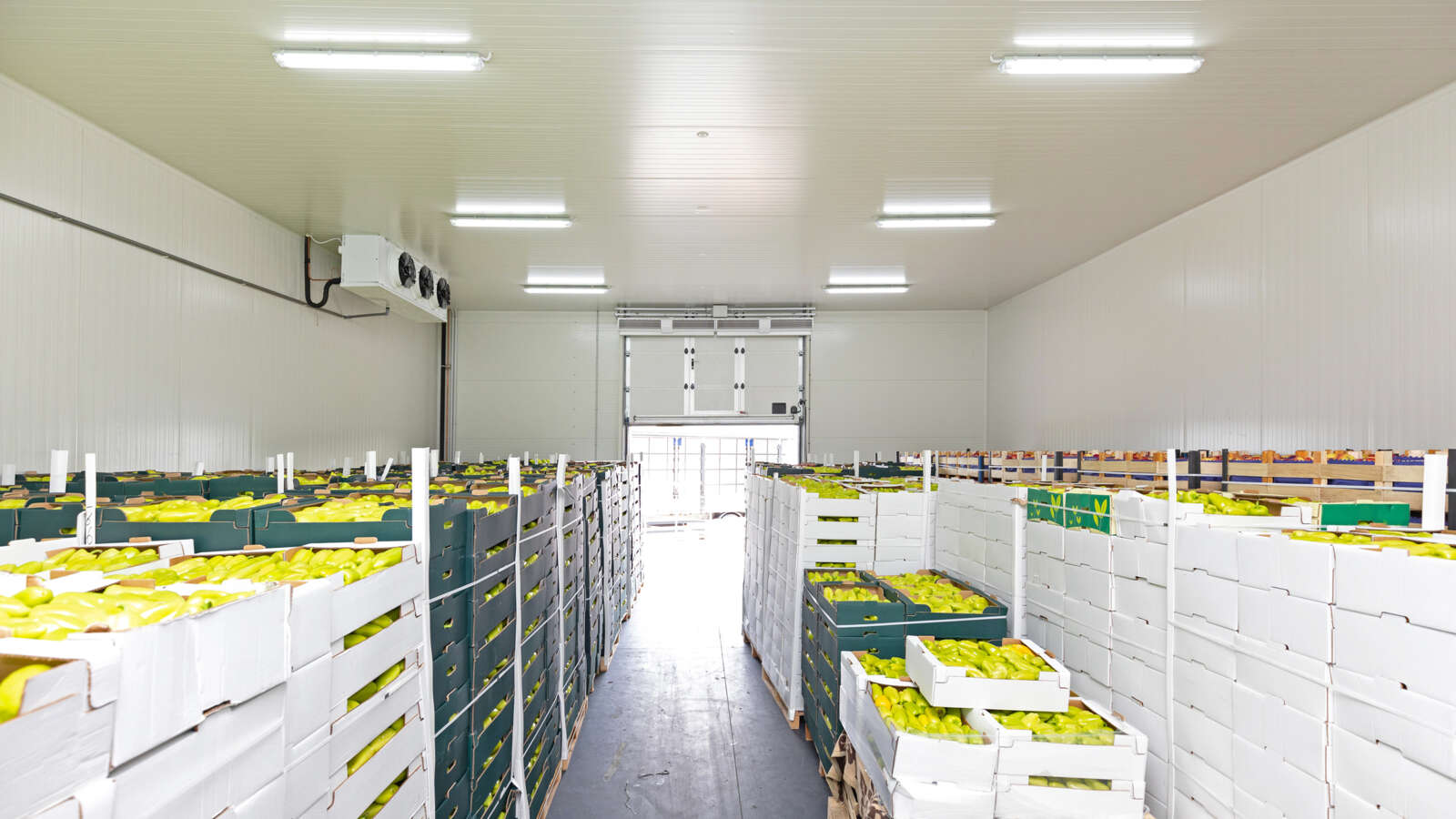In the world of logistics, the importance of tailored warehousing solutions for diverse cargo types cannot be overstated. From the vast expanse of ocean freight to the swift delivery of air shipments, proper storage plays a pivotal role in ensuring cargo integrity and timely delivery.
As shipping companies navigate the complexities of international trade, warehouses serve as crucial hubs where goods are stored, sorted, and prepared for their onward journey.
In this article, we explore the significance of effective storage management in the seamless operation of shipping companies worldwide.
The purpose and value of a warehouse
Warehouses serve as indispensable components of supply chain management, acting as vital repositories where goods are stored before reaching their final destination. Essentially, the process of production and consumption occurs asynchronously, creating a gap between the two phases. Warehousing bridges this gap by providing a storage solution for goods, thereby ensuring a smooth flow of goods throughout the supply chain.

The importance of warehouses is multifaceted, encompassing various functions and benefits:
- Storage of Various Goods
Warehouses enable the storage of a wide range of goods, including raw materials, finished products, semi-finished goods, goods in transit, and seasonal items. This storage capacity facilitates efficient inventory management and ensures timely availability of goods to meet customer demand. - Preservation of Perishable Goods
Specialized warehouses equipped with cold storage facilities preserve perishable commodities such as meat, vegetables, and fruits, extending their shelf life and maintaining their quality. - Protection from Environmental Factors
Warehouses shield goods from adverse weather conditions, ensuring their integrity and quality are preserved, even in unfavorable climates. - Risk Mitigation
Warehouses mitigate the risks of theft and damage to products, providing secure storage facilities that safeguard goods throughout the storage and distribution process. - Facilitation of Distribution
Warehouses play a pivotal role in the efficient distribution of goods, allowing for the consolidation and redistribution of products to areas experiencing shortages or high demand. For instance, warehouses store harvested crops before their distribution to markets facing supply deficits. - Value-Added Services
Warehouses provide facilities for grading, picking, branding, and packaging of goods, enhancing their market value and appeal to consumers. - Supply Chain Resilience
During production breakdowns or sudden spikes in demand, warehouses ensure a continuous supply of goods, safeguarding against disruptions in the supply chain.
Types of warehousing solutions
Warehousing solutions are as diverse as the cargo they house. Each type of warehousing facility is designed to meet specific storage requirements and cater to the unique needs of different cargo types. Let's explore some of the most common types of warehousing solutions:
General Warehouses
General warehouses are versatile facilities that accommodate a wide range of goods, from consumer products to industrial materials. These warehouses typically offer standard storage options and are suitable for non-perishable items with no specialized storage requirements.
Refrigerated Warehouses
Refrigerated warehouses, also known as cold storage facilities, are equipped with temperature-controlled environments to preserve perishable goods such as fresh produce, dairy products, and pharmaceuticals. These facilities maintain specific temperature and humidity levels to extend the shelf life of sensitive items and prevent spoilage.

Hazardous Materials Storage Facilities
Hazardous materials storage facilities are designed to safely store and handle substances that pose risks to health, safety, or the environment. These warehouses adhere to strict safety regulations and feature specialized containment measures, ventilation systems, and hazardous material handling equipment to mitigate risks associated with storing and transporting hazardous materials.

Specialized Storage Facilities
Specialized storage facilities cater to specific types of cargo with unique storage requirements. Examples include:
- Bulk Storage Facilities: Designed for storing large quantities of loose or unpackaged goods, such as grains, liquids, or minerals.
- High-Value Storage Vaults: Secure facilities equipped with advanced security systems to safeguard valuable or sensitive items like artwork, jewelry, or confidential documents.
Transit Warehouses
Transit warehouses act as temporary storage facilities for goods in transit between different points in the supply chain. These warehouses facilitate the smooth movement of goods by providing a staging area for consolidation, deconsolidation, and cross-docking operations.
Bonded Warehouses
Bonded warehouses are secure facilities authorized by customs authorities for storing imported goods that are pending customs clearance or awaiting payment of duties and taxes. These warehouses allow for the deferred payment of customs duties and taxes until the goods are released for distribution or re-export.
Each type of warehousing solution offers distinct advantages and is tailored to accommodate different cargo types and industry needs. Whether it's preserving perishable goods in refrigerated warehouses or ensuring the safe storage of hazardous materials, choosing the right warehousing solution is essential for maintaining cargo integrity and optimizing supply chain efficiency.